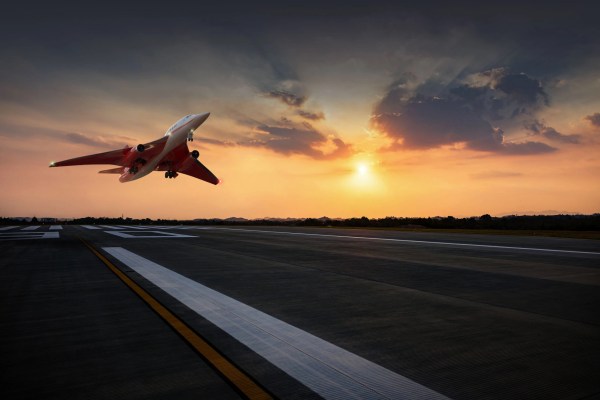Supersonic jet company Aerion partners with NASA on high-speed point-to-point travel - 2 minutes read

Supersonic jet company Aerion partners with NASA on high-speed point-to-point has been working on ushering in a new era of commercial supersonic flight for nearly a decade now, and the company just revealed that it has signed a new partnership with NASA to put that experience to use in the pursuit of supersonic point-to-point travel — the technical name for putting to use the kind of high-speed flight typically associated with space launches for helping people move very quickly from one place on Earth to another.
The new collaboration comes via the Space Act Agreement, which basically allows NASA to enlist the aid of private companies to help it achieve its various goals. NASA has been developing high-Mach, supersonic aircraft technologies for some time now, in particular through its arrangement with Lockheed Martin to build and fly the X-59 QueSST, a demonstrator aircraft that will show how supersonic craft can also operate relatively quietly, with so-called “low-boom” capabilities that avoid the loud sonic booms produced by most supersonic vehicles when they break the sound barrier.
NASA announced a similar partnership under the Space Act Agreement with Virgin Galactic last year, with the goal of helping the agency develop technologies that will assist in the eventual deployment of sustainable supersonic commercial flight. Aerion’s team-up with the agency will focus specifically on studying commercial flight capabilities in speeds ranging between Mach 3 and Mach 5, with a focus on propulsion and thermal management systems, power generation and technologies for use in the passenger and crew cabins.
Aerion’s own high-speed commercial aviation efforts are currently on track to see its AS2 private jet for business customers enter production in 2023, which will set the stage for its AS3 commercial supersonic passenger aircraft to follow after that.
This isn’t Aerion’s first team-up with NASA: The two have collaborated twice previously on similar projects, with the first collaboration begun way back in 2012. Now that Aerion’s closer to actual production, it’s likely that both partners will gain a lot toward their mutual goals of helping the U.S. develop commercially viable and sustainable supersonic passenger flight technologies.
Source: TechCrunch
Powered by NewsAPI.org